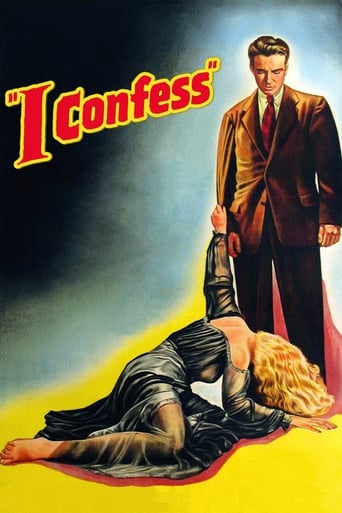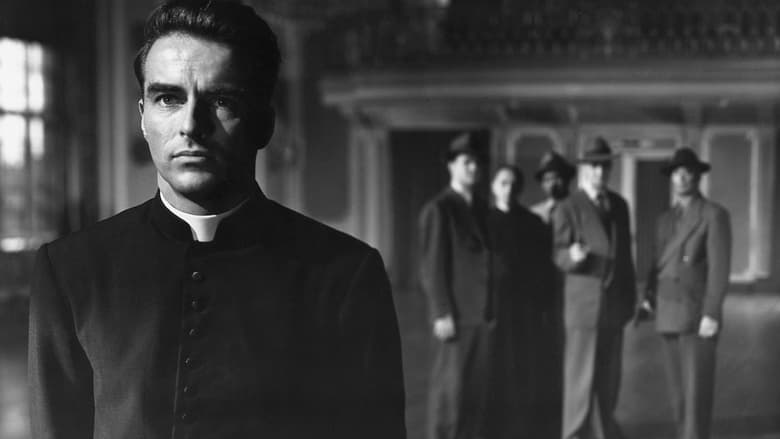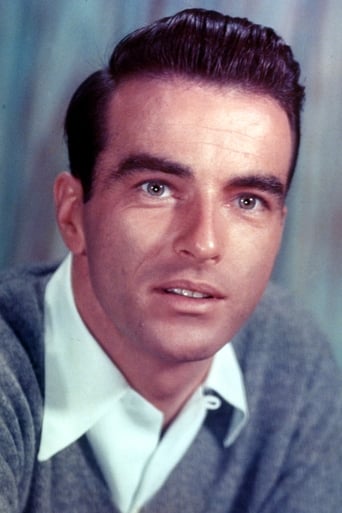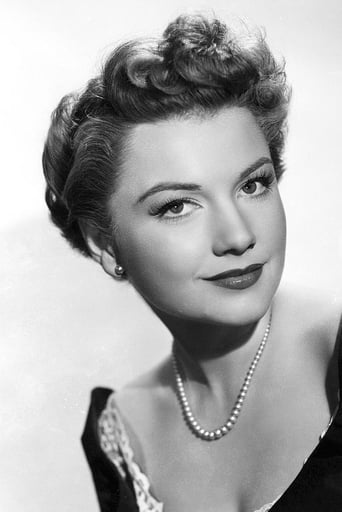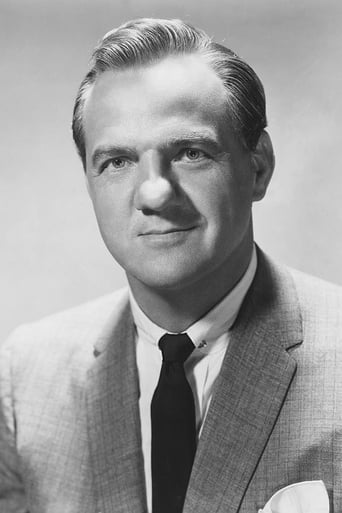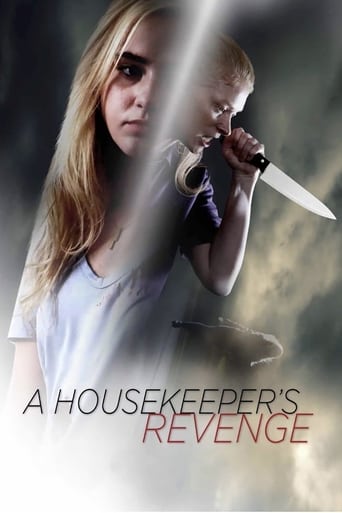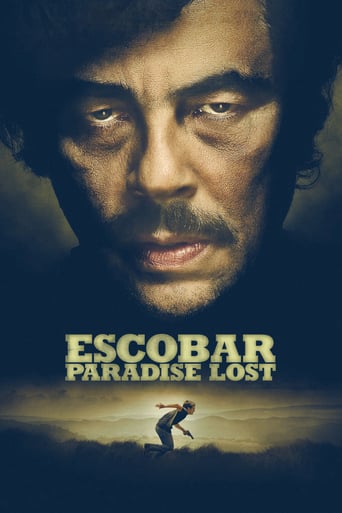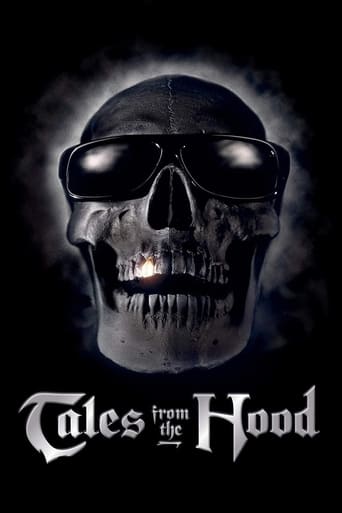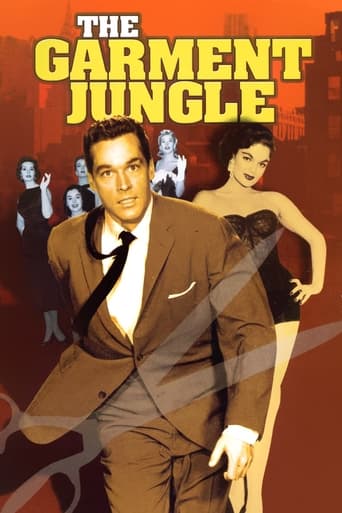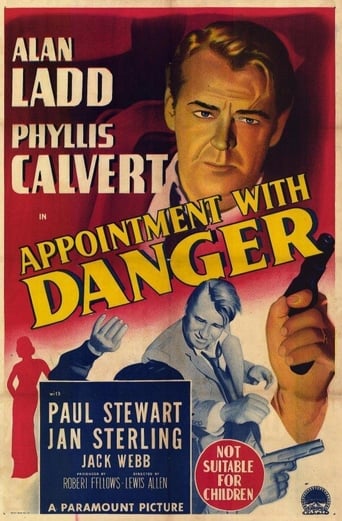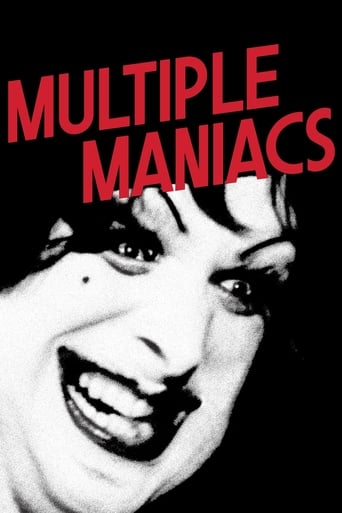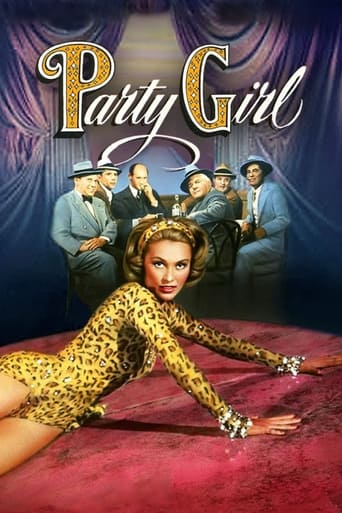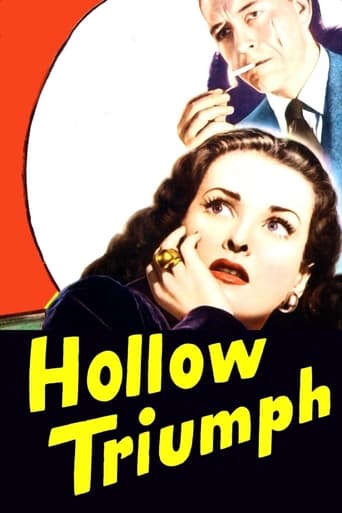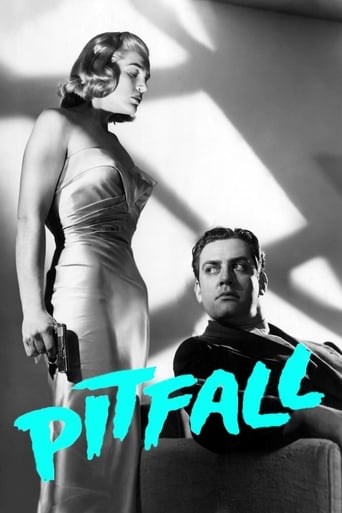I Confess (1953)
Unable, due to the seal of the confessional, to be forthcoming with information that would serve to clear himself during a murder investigation, a priest becomes the prime suspect.
Watch Trailer
Cast


Similar titles
Reviews
When the various films of Alfred Hitchcock's career are discussed, this particular one isn't discussed at length or even just mentioned all that often. It may be that the central plot - a priest hearing a murder confession but because of his vows is unable to tell the police - was old hat even back in 1953. It may be that the central character, played by Montgomery Clift, is kind of hard to get a handle on - I couldn't really understand what was going on in his head many times through the movie. Another possible reason for the somewhat obscurity of this movie may be because unlike a number of other Hitchcock movies, you don't really feel the screws tightening as the movie progresses - there isn't really much doubt as to whether Clift's character will be proved innocent or not. On the positive side, the movie is very well photographed on picturesque locations in Quebec. And I confess (ha!) that I wasn't bored at any time... though I usually knew what was going to happen some time before it happened. Despite a few good qualities as these, as I said in my summary line, this movie has to be considered lesser Hitchcock, and can only really be recommended for big fans of the director... and even they might have some issues with the movie.
Otto Keller, the caretaker of a church, disguised as a priest, tries to steal money from a lawyer named Villette, gets caught in the act, and ends up killing Villette. He confesses to Father Logan. Ironically, Inspector Larrue comes to suspect Father Logan of the murder, but Logan cannot reveal what Keller admitted in the confessional. Larrue's suspicions are strengthened when he finds Villette was blackmailing Ruth Grandfort, a close friend of Logan. Eventually, Logan is put on trial for the murder.But it is only half a trial. We never see the defense attorney call witnesses to testify, cross examine the prosecution's witnesses, or present his closing argument to the jury. The only thing he does of any significance is object at one point, but the prosecutor continues with his line of questioning unabated. Speaking of which, the prosecutor often stops asking the witness questions so he can give his theory of what happened. We know that movies take liberties in their presentation of trials, but the absence of an objection from the defense at these points is irritating. In any event, when the jury comes back with a not-guilty verdict, it strikes us as arbitrary, for we never heard anything from the defense casting doubt on the accusation. In fact, for all practical purposes, Father Logan might just as well not have had a defense attorney.This reminded me of the movie "Helter Skelter" (1976). There too, we have a defense attorney that is practically nonexistent. The day before the closing arguments are to begin, the prosecuting attorney tells his wife how worried he is about the summation he will have to give, because so much depends on it. I remember thinking to myself, "Is he kidding? Everyone knew Charles Manson was going to be found guilty. No special skill was required from the prosecutor in giving his closing argument." In fact, I was wondering what closing argument would be heard from the defense. That was where the real challenge lay. So, in the next scene, we see the prosecutor give his all-important summation, while I waited patiently for him to finish so I could hear what the defense attorney would say. But we never got to hear from him, I suppose because there was nothing for him to say. And that is why "Helter Skelter" is not a very good movie. In general, when a trial takes place in a movie where we do not hear from the defense, it is not likely to be very interesting.Then, after Father Logan is found not guilty, the whole town seems to be against him. That is totally unrealistic. In real life, we would expect him to have some supporters who believed he was innocent. The unanimity of the townsfolk in this regard is as one-sided as the trial, and therefore just as boring.During the trial, the real murderer, Keller, testifies against Logan, giving false evidence that he hopes will incriminate Logan, the very priest he confessed to. In fact, Keller even planted the bloody cassock in Logan's room. This is too much. It would have been far more interesting if Keller had given evidence that would have helped Logan, short of admitting that he was the one who was guilty. He could have said Father Logan got back to the church too early to have committed the murder, for example. This perjured testimony from the killer in defense of Logan would have created an even greater degree of moral tension. Logan would not only have to keep it a secret that Keller killed Villette, but he would also have to accept that Keller's lies on the witness stand helped his own case, making him indebted to Keller. As it is, Keller is ridiculously evil, trying to help convict the very priest he confessed to.Another thing that makes this movie too one-sided is Father Logan's total innocence in every regard. In the movie, he returns from the war and meets Ruth, who he does not know is married. He is not a priest yet, and so he kisses her, as they were in love before the war. A storm comes up, and they are forced to spend the night in a gazebo. The next morning, Villette, who owns the place, discovers them and suspects them of having had sex, which they did not. This becomes the basis for the blackmail.Think how much better it would have been if Logan had been a priest at the time, knew that Ruth was married, and in a weak moment had sex with her that night in the gazebo. Allowing for Logan to have sinned in this way would have created some moral tension, and provided an even stronger motive for the murder of Villette. In fact, it is almost a cliché that when a man and woman take shelter in a storm, they have sex, so it is a little disappointing that they do not. Instead, Father Logan is presented as completely without sin, which is just as uninteresting as Keller's unqualified evil.In short, Father Logan is too one-sided (too innocent), Keller is too one-sided (too evil), the trial is too one-sided (the absence of a defense), and the attitude of the townsfolk is too one-sided (everyone hates Logan). The result, especially when compared to the movie that might have been, is disappointing.
I hadn't seen this film for some years when I caught it on TV. My opinion(s) have changed since the first viewing and since I've seen or re-seen all of Hitch's films, a certain new perspectives came into play. Guilt and oppressive authority pop up so often in the director's films, some times directly but quite often by insinuation. In this film, these two topics take a major role. It has been written that Montgomery Clift was drinking while the filming took place although I couldn't see anything in the final draft. I know also that he was "method" while Hitch was definitely not, so that might have been a source of conflict. Again, nothing was apparent on screen. Actually, the role of a priest in this work would not have been happy hunting ground for any method actor. Clift was settled on after a number of extremely good actors turned the role down. I've always enjoyed the visual aspect of Hitchcock's cinema and his daring "behind" the camera but in this film there was no room for unusual angles, editing brilliance or anything like that. It turned out to be a film of ideas and conflicts within agreements and there is nothing "cinematic" about that. I am happy to have seen this film once again as I would be with just about any film directed by Hitchcock, particularly during the fifties and sixties, but this once takes back seat to almost all of the others around it.
A man who is a German Refugee in Canada confesses to murder to a priest. The man also works as a handyman for that church so he and his wife are well known to the priest. The rules of the priesthood mean that the priest cannot divulge the confession to the police even though the priest becomes a suspect and stands trial.Montgomery Clift is in a dilemma which has meant this film has been regarded as a classic. However looked closely there are many problems with the film as the screenplay has to overreach to make the priest a suspect, the murderer is a man who the audience has little sympathy for and you do not buy that the priest would himself go to jail to save the snivelling rat.Hitchcock does his best with the thriller genre but the story line hampers him, especially with the flashback scenes with Clift and Anne Baxter whose past relationship returns to haunt them both.Karl Malden is effective as a dogged detective but as a good catholic himself you would have thought that he might have sensed there were other reasons why the priest was not forthcoming.

